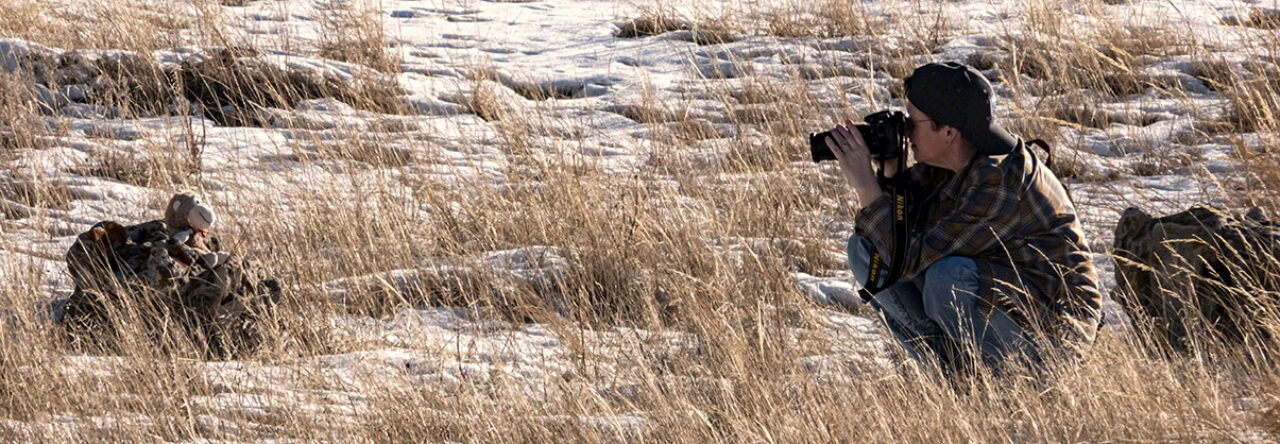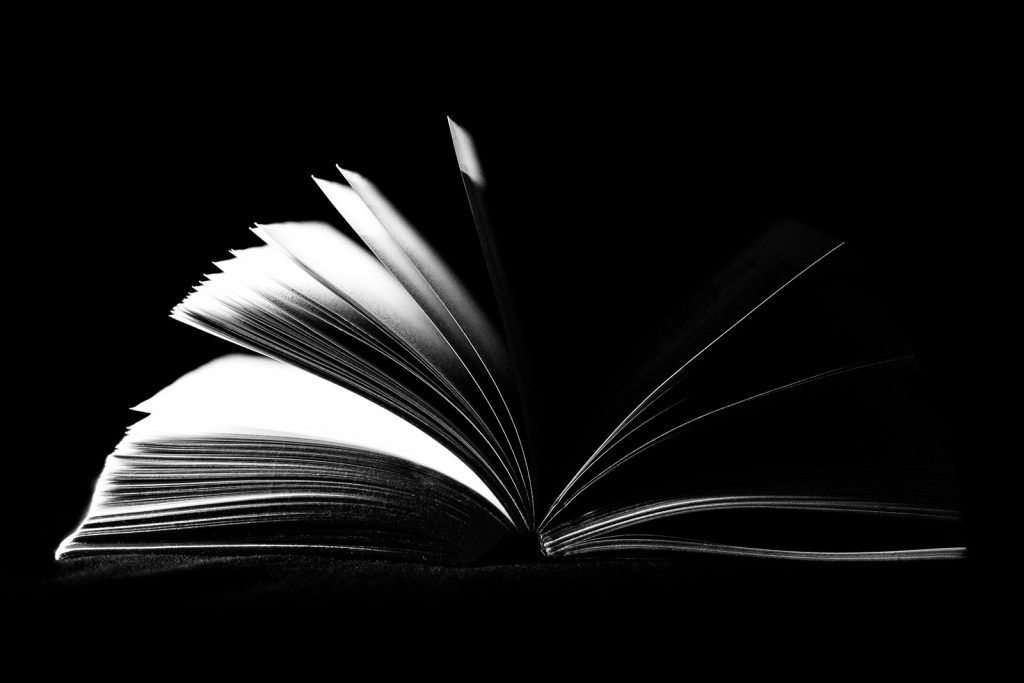For the past decade, I’ve been posting about the books I’ve read throughout the year and sharing my list with others. This will be my last list I make as there doesn’t seem to be a desire for people to read anymore and they certainly aren’t paying attention to what I’m looking at. I also no longer have the desire to make such a post, particularly when it is long enough to be spread over two posts during the year. I have other things I want to write about and my opinion on particular books is not one of them.
Part 1 of my list is available should you be curious about what I read in the first half of 2018.

Blood River by Tim Butcher
Journalist Tim Butcher writes a travelogue as he retraces Stanley’s steps through the Democratic Republic of the Congo. The Belgians were brutal as colonial masters. They also built a lot of infrastructure. Today, most of what was built resembles a post-apocalyptic wasteland. Butcher finds random cars in the jungle and many abandoned railways. He also speaks with people who remember when tourists visited and the country had a more modern and civilized feel.
A Voyage Home to Gaul by Rutilius Namatianus
At only 26 pages, the book is a quick and fascinating read of a man coming to terms with the fact that the Roman Empire collapsed long ago.
Rutilius Namatianus wrote in the 5th century this tale of his journey home to Gaul from Rome. Along the way, he realizes the Roman Empire has collapsed. He documents his journey by writing about the roads and towns he had heard about now being in ruins.
On his journey, Rutilius arrives in a city where he finds a statue to his father, a governor during the Roman Empire. He weeps when he realizes that, though the empire is gone, the memory of his father as an honorable man remains.
You can read the text online, at Scribd, or download a copy from the Internet Archive.

The Authoritarians by Bob Altemeyer
The book is available as a free ebook. It was released in 2006, but is still pertinent today. It covers the issues of how people can blindly follow a group and how authoritarians take advantage of it. If you want to understand Trump supporters, read the book.
The author is a retired professor of Psychology at the University of Manitoba, where he studied authoritarianism for forty years. The Authoritarians is the most comprehensive report of his findings available.

Imperfect Courage by Jessica Honegger
I picked the book up after a recommendation from Brené Brown, whose work I enjoy. I just couldn’t get into it. The constant plugs for Noonday Collection bothered me and pulled me out of whatever inspirational story Honegger was trying to tell. While there are encouraging moments in the book, it wasn’t anything I hadn’t heard before.

The Silence is the Noise by Bart Schaneman
Schaneman’s book is an easy, relaxing afternoon read that will keep you thinking well after you’ve finished the last page. The story follows an aspiring writer who returns home to be a journalist at his hometown newspaper. What he finds is that nothing ever works out the way you planned and, in small town America, nothing is ever easy.

Judge Dredd: America by John Wagner
This is a classic 2000 AD story that I finally got my hands on. The story follows best friends America Jara and Bennett Beeny who grow apart as time passes on. America becomes involved with terrorists while Beeny becomes a famous singer. The pair are reunited in this complex and dark tale as they head on a collision course toward the judges who are the judge, jury and executioner in the world of Mega-City One.

The Mechanic: The Secret World of the F1 Pitlane By Marc Priestley
Marc ‘Elvis’ Priestley is one of the best Formula One mechanics in the world. He tells of his story about his entrance into the world of F1 while revealing secrets, rivalries and a world few people have access to.

Homo Deus: A Brief History of Tomorrow by Yuval Noah Harari
Anything Harari writes is going to be thought-provoking and will linger for days in your mind. In Homo Deus, Harari discusses the future of human kind by exploring famine, plague, and war while questioning where we go from here. It’s a book I will probably read again because its dense narrative is so compelling I’m sure I missed something the first time around.

Planet of the Apes: Visionaries by Rod Serling
This graphic novel is based on the original screenplay for Planet of the Apes by The Twilight Zone’s Rod Serling. His first draft was revised before filming, which is the franchise I fell in love with. This graphic novel is Serling’s original vision. It’s a great addition to the Planet of the Apes world and an entertaining read. The only thing that bothered was the short biography on Serling where Binghamtom was spelled wrong.

The Unknown Kimi Räikkönen by Kari Hotakainen
A different kind of biography for a different kind of person and it works perfectly. Kimi is one of my favorite Formula One drivers and the approach to telling the story of his life is fantastic. We learn insight into the driver’s life and his journey to F1, while also reading fun stories like Kimi teaching his son, Robin, how to pee in the backyard instead of using the toilet. It’s my favorite book I’ve read this year. Hotakainen provides a great insight into the driver who speaks in few words while at the same time captures the essence of Kimi.
I’ve still got a stack of books on my desk, including The Coddling of the American Mind by Greg Lukianoff and Jonathan Haidt, The Brass Check: A Study of American Journalism by Upton Sinclair and The Forsaken: An American Tragedy in Stalin’s Russia by Tim Tzouliadis.


Leave a Reply